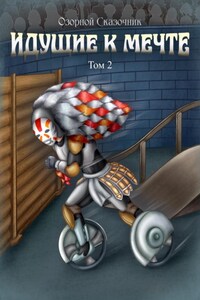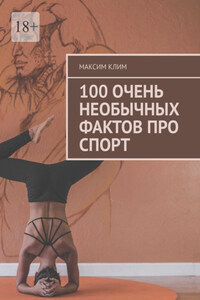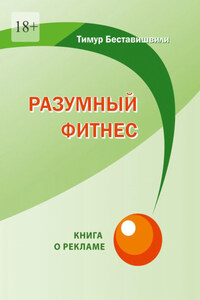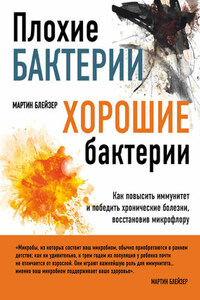Cape Town, 3 January 2016
I’ve been batting for more than three and a half hours. I’ve faced 160 balls. I’m on 99 – a nudge, a nick, a heartbeat away from my first Test century.
Just one more run …
This South African afternoon is heavy with a dry heat. The sky, shining without clouds, is as bright as the blue in a child’s paint box, and the glare makes everything around me seem profoundly sharper: the sweep of a full, noisy ground, the purple-grey outline of Table Mountain and the jaggedness of Devil’s Peak, and even the vivid emerald of the outfield. In my head I’m talking all the time. I’m reminding myself, as I always do, of the simple things that are so damned difficult to get right. Stay focused. Appear calm, almost nonchalant. Don’t let the bowlers get on top. And don’t, on any account, show a sign of apprehension.
Between deliveries I’ve occasionally drifted out of my crease and patted down or brushed away some imaginary speck of dirt simply because I wanted something to do, something to keep me busy and alert. Or I’ve occupied myself in other ways: twirling my bat in my hand, tugging at my shirt and readjusting my helmet. These small tics are displacement, each designed to banish the sort of thoughts that can gremlin the mind. When you’re so close to a hundred, it’s easy to lose concentration. Your mind can go slack, wandering off abstractedly. Then the hard, sweaty graft that’s gone before is undone in a nanosecond. So I have to stay in the moment. I mustn’t get ahead of myself. I can’t afford to think about the relief I’ll feel when this is over and gone, already part of my statistical record. I can’t afford to think about how handsome my name, illuminated on the scoreboard in big capital letters, will look with three figures beside it. And I can’t afford to think about what the century will mean, professionally as well as personally. Most of all, I mustn’t dwell on how I will feel or how I will celebrate in the middle. Or how my mum Janet and my sister Becky, who are sitting near the pavilion, will feel and celebrate too. Or how proud I will make them – this week of all weeks.
In two days’ time it will be the family’s black anniversary: the date of my dad’s death in 1998. How quickly that always seems to come around. We mark it only among ourselves, and we do so very quietly, remembering the best of him rather than the tragedy of that day. New Year creeps up like a forewarning, and we get ourselves ready for the anniversary in our different ways. They say that for sorrow there is no remedy except time. Every turn of the calendar puts more distance between us and the raw pain of the event, but even a couple of decades on it scarcely lessens the degree of it. A stab of that pain always comes back.
When my dad died, taking his own life, I was eight years old. Becky, who everyone knows as Boo, was seven. My mum had cancer, the first of two bouts of the disease that she’s fought and beaten. In that dark time – the worst imaginable – the three of us held tight to one another like survivors of a shipwreck. It was our only way to get through it. Our house, like our lives, seemed bare and empty and quiet, and our grief seemed inconsolable. We were hollowed out. But we had each other then – and we have each other still – and slowly we learnt to live without him. We came to accept his death, even though we don’t understand it now any more than we did then.








